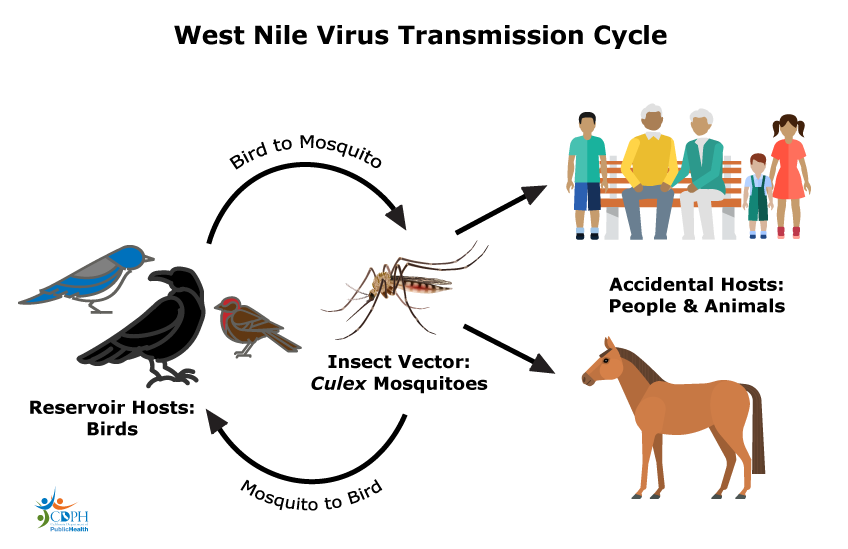A mosquito-borne illness, the West Nile virus can cause fever, headaches, aches, and rashes among other symptoms.
Table of Contents
Various complications may develop, including meningitis, encephalitis, and even death. If you think that you have been infected by West Nile virus, find out how to prevent it.
What is West Nile Virus?
There are a number of symptoms associated with West Nile virus (WNV), including fever, headache, body aches, and rash. Meningitis, encephalitis, and even death are possible complications in some cases.
What Are The First Signs of West Nile Virus?
West Nile virus infection usually begins with mild symptoms that may go unnoticed. It is possible, however, that some people will experience fever, headaches, body aches, and rashes. There is usually a lag period between the onset of these symptoms and their resolution.
West Nile Virus Prevention
West Nile virus does not have a vaccine or specific treatment. In order to reduce your risk of infection, you can take the following steps:
- Insect repellent should be used. Reapply IR3535, picaridin, or DEET-containing repellents as directed.
- In the evening and at dawn, when mosquitoes are most active, wear long sleeves and pants.
- Keep your home dry by draining standing water. Standing water attracts mosquitoes, so be sure to drain birdbaths, flowerpots, and gutters around your home.
- Do not allow mosquitoes to breed in any places where they can breed. Water-holding containers such as old tires, buckets, and other containers are included.
West Nile Virus Transmission – How Does It Spread?

Infected mosquitoes transmit West Nile virus to humans through bites. Biting an infected bird infects mosquitoes. The virus is spread through mosquito bites once mosquitoes are infected.
Who Is At Risk of Becoming Ill From West Nile Virus?
There are some people who are more likely to become infected with West Nile virus, including:
- People over 65 years old
- People with weakened immune systems
- People who live in or travel to areas where West Nile virus is common
West Nile Virus Symptoms
It depends on the severity of the infection whether you experience mild symptoms or severe ones. There may be no symptoms for some people. The most common symptoms experienced by those who do experience symptoms are:
- Fever
- Headache
- Body aches
- Rash
- Swollen lymph nodes
- Confusion
- Seizures
- Paralysis
- Death
West Nile Virus Incubation Period
It typically takes 3-14 days for West Nile virus to incubate, but it can take as long as 21 days.
Is West Nile Virus Deadly?
West Nile virus can be deadly, but it is not always so. Serious complications can result from the virus, such as meningitis, encephalitis, and even death. In people over 65 years old, with weakened immune systems, or living in areas with West Nile virus, the risk of serious complications is higher.
Stages of West Nile Virus
West Nile virus infection occurs in four stages:
Incubation period:
In this case, the time from when the virus first enters the body until the first symptoms appear is referred to as the incubation period.
Acute illness:
A person will experience symptoms such as fever, headache, body aches, and rash during this time.
Convalescence:
As the person recovers from acute illness, this is the time when they are in recovery mode.
Chronic illness:
As a result of West Nile virus infection, the person has long-term health problems.
How Long Does West Nile Virus Last?
A West Nile virus infection can last for a short period of time or for a long period of time. There may be long-term health problems for some people, but most people recover within a few weeks.
A doctor or other healthcare professional should be consulted if you have any questions.
